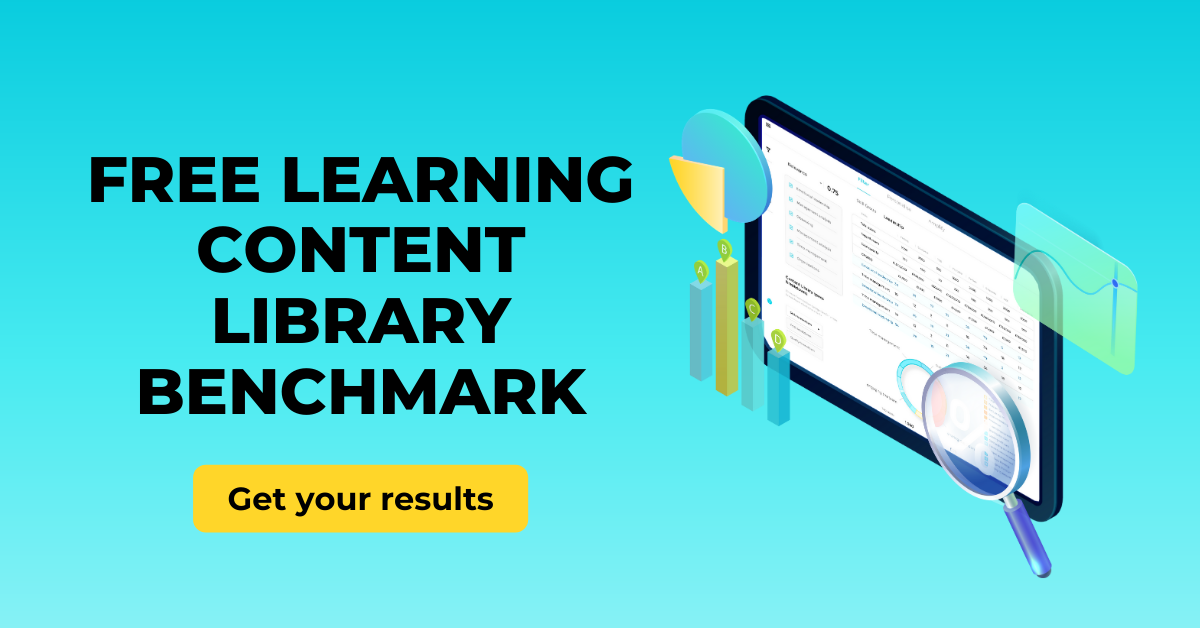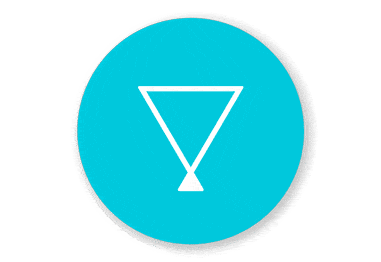TLDR: The distribution model for music has transformed our relationship with it. Although the experiences we now have with music aren’t as deep as in previous eras, the breadth available lets us appreciate it in far richer and more enjoyable ways. Similarly, with learning and skills development, there is a bias towards generating ‘depth’ despite the evidence that a breadth of skills in more important today.
Three recent experiences made me question the value of depth in learning. The first was this blog post by Myles Runham that queried whether convenience was a problem for digital learning. The second was a discussion with a client about whether Filtered could be used to encourage people to level up from short-form learning content like videos and articles to deeper learning formats like online workshops and extended programmes (in short, the answer is yes). The third was an essay in the book, Bring the Noise by music journalist, Simon Reynolds.
That essay, written in 1993, felt eerily prescient. It predicted the fragmentary nature of how we consume music and information in almost all aspects of life today. Reynolds argues that the compact disc “distorts and depletes our relationship with music,” by “practically enforcing a shallower and more alienated way of living with music than was the case with the good old vinyl LP.” He argues that this is because the programmability of the CD enables us to rapidly reduce an album to a handful of favourite tracks. “What appears to be an increase in consumer choice and flexibility” Reynolds suggests, is actually “a diminishment of aesthetic richness; you use music, rather than submit yourself to it.”
The distribution of learning has followed a similar path. So I wondered whether a similar diminishment to our experience of learning has occurred. Has our ability to pick and choose from a vast range of learning resources led to a more superficial learning process, experience and impact?
For me, the answer, for both music and learning, is... not always. As persuasive as Reynolds’s argument is (partly due to its appeal to nostalgia for the pre-CD, pre-streaming era), it simply doesn’t tally with the richness of experience we have now that pretty much all music is available to us. The overabundance of music has necessitated curated experiences, which have enhanced my appreciation and understanding of music.
The algorithmic recommendations served up by Spotify has made it much easier to discover new and old music that I wouldn’t have found otherwise. Human curation from artists, DJs and experts who make incongruous connections across genres and eras, highlighting unseen parallels, has re-contextualised music I previously ignored, allowing me to hear it with fresh ears.
Listen to DJ Ben UFO talking here about how mixing together three sonically disparate songs from different countries and eras lends them something that individually they don’t have. Similarly, by disregarding genre and categorisation when we curate listening experiences for ourselves, we become more aware of the aesthetic elements of music. We pay more attention to the mood, energy and texture of the sound, creating a more personal experience. The eclectic range of music and consistent opportunities for fresh discovery I now enjoy just wouldn’t have been possible before Spotify introduced algorithmic playlists in 2015.
And it's worth noting that a deep relationship with music, involving poring over a specific genre or artist’s discography, is easier now too, although potentially less likely to happen. But, for me, the new mode of discovery, defined by breadth, certainly beats listening to albums over and over to a point that you forget why you first liked them.
At this point, you might be wondering what this has to do with learning? Well, the question of whether ‘depth’ or ‘breadth’ matters more is central to the discussion of what leads to effective learning. Although robust research suggests that the application of deliberate practice is required to achieve mastery of skills, is depth in a specialist skill the only thing we should be concerned with?
The arguments regarding learning effectiveness often centre around theories of learning transfer. But I’m sure that you, like me, have read an article or watched a video (in some cases not even directly related to your role) that has had a disproportionate impact on your performance, either by sparking unexpected ideas, enhancing or altering your perspective, unblocking your progress on a task, or leading to a near-instant behavioural shift. And algorithmic recommendation technology allows us to increase the frequency of these breakthroughs.
There is a growing body of evidence to suggest why these type of Damascene moments happen, and why breadth of skills is crucial to performance. In his new book, Range: Why Generalists Triumph in a Specialized World, David Epstein argues that the rise of rapid communication technologies has allowed specialist knowledge to be so thoroughly disseminated that there are more opportunities to innovate by taking old ideas and combining them in new ways. He argues that specialism can blind us to counter-intuitive ways of solving problems, and, increasingly, that the advantage is going to generalists with broader skill sets.
One of the studies Epstein cites is the brilliantly titled Superman or the Fantastic Four? This study looked into which factors led to creators delivering commercially successful comics. The study revealed that the most important success factor was the number of different genres a creator had worked in. Even more interestingly, it found that individuals with knowledge diversity, who had worked in different genres, were more effective than teams made up of specialists.
But the value of cognitive diversity and broad skill sets isn’t limited to the comic book industry. it’s easy to see why cultivating a breadth of skills within individuals is critical in the modern workplace. Digital transformation is making agility and adaptability a top priority. In this article, Josh Bersin highlights that the way in which employees manage their careers has fundamentally changed. Indeed, more than 60% of all jobs are changing, and more employees are taking control of their own careers by becoming more T-shaped. To cultivate innovative workforces and keep the best people on the bus, organisations need to facilitate the broadening of skills, instead of hoarding specialist talent.
‘A human being should be able to change a diaper, plan an invasion, butcher a hog, conn a ship, design a building, write a sonnet, balance accounts, build a wall, set a bone, comfort the dying, take orders, give orders, cooperate, act alone, solve equations, analyse a new problem, pitch manure, program a computer, cook a tasty meal, fight efficiently, die gallantly. Specialization is for insects.’
— Robert Heinlein, Time Enough for Love
Our product Filtered facilitates both the deepening and broadening of skills. The algorithm is underpinned by a user skills signature that takes into account all of the skills relevant to their role, providing users with broad learning recommendations. The clustering algorithm also groups resources across explicitly-stated skills areas to provide nuanced recommendations. This means that, based on their personal recommendations, learners can build the core skills needed for their role, but these are supplemented by secondary skills that broaden their perspectives and allow them to generate novel connections that lead to innovative ideas and high performance.
There’s no doubt that there are certain skills that need to be honed over extended periods of time, and require people to go deep. It’s also true that poorly-designed microlearning is unlikely to have any impact on performance. But more and more often, it pays to foster cognitive diversity by reaching for breadth. Rather than leading to a shallow learning process, the ability to discover resources that cover a wide spectrum of skills, especially when curated thoughtfully, could spark the next innovation in your organisation. Let’s not keep learners listening to the same album incessantly. It’s time to press shuffle.
Want to see what a broad selection of learning looks like for an L&D professional?

